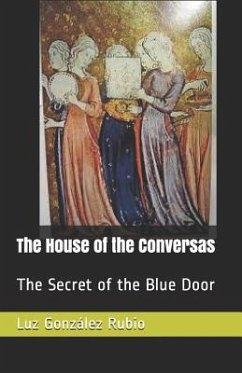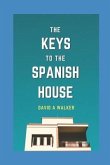Three conversas (women who converted from Judaism to Catholicism) tell us the story of their interwoven lives as they evolved within a real history of the period."I, a poor woman, did not know where lay the sin. Neither did I understand why saying that was permitted to the people who lived in the aljama (Jewish quarter) and wore the brown rodela (a round emblem made of cloth that distinguished them as being Jews) on their shoulders; and if we uttered the same words, we could end up in jail.On occasion, celebrating some event in the neighborhood, I prayed with them, too. Because, although in my heart it is always the same God to whom I direct my prayers, throughout my life I have used various names to refer to Him. Ojalá! (God willing), I used to say upon greeting my neighbors, as I wished them prosperity and I invoked the Almighty the same way they did. While reciting the prayers I learned from Esther, I called him Adonai, and in the church, Jesus our Lord.I was accustomed to address Him in different languages and in many different fashions, so it was no effort for me to pray to Him in the form prescribed by the credo of my new faith: "I believe in God the Father Almighty, creator of heaven and earth, of all that is visible and invisible..." All the prayers are similar and it's that all men are similar, all children of the same God from whom we come and to whom we return. It's all the same that one should pray in his own language or pray silently.That way, without words, is how I feel closest to Him. Albeit, with passing time and in private, I have gone back more and more to my first language, the one I learned in the cradle and probably in the arms of my mother, although I barely remember her face."
Hinweis: Dieser Artikel kann nur an eine deutsche Lieferadresse ausgeliefert werden.
Hinweis: Dieser Artikel kann nur an eine deutsche Lieferadresse ausgeliefert werden.








